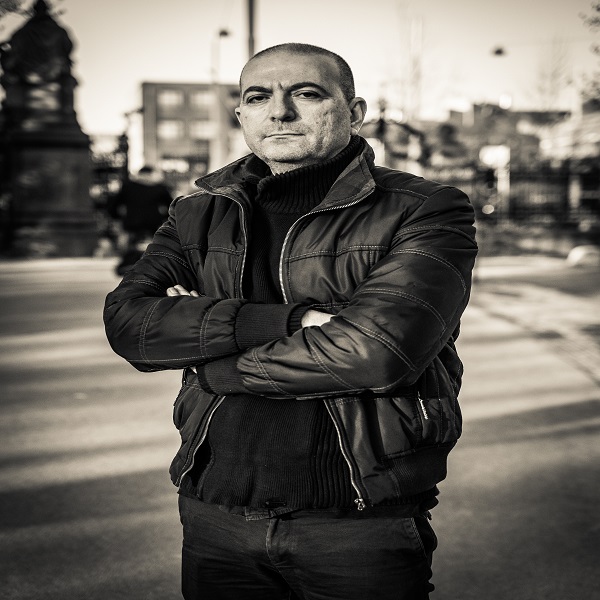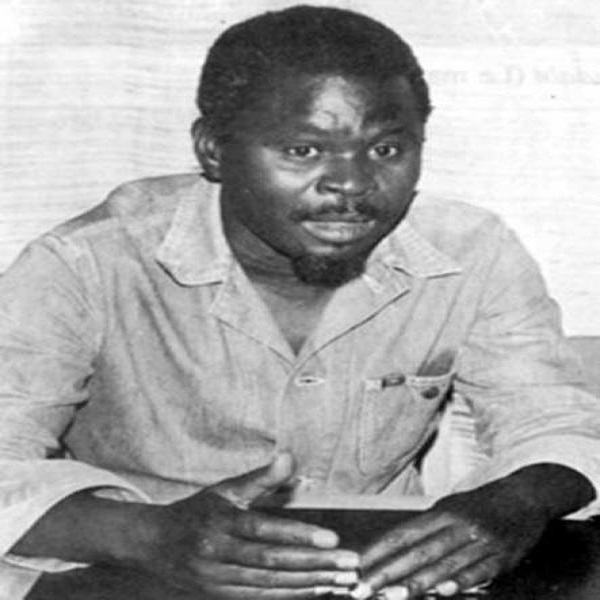Hani Abu Assad, the Palestinian filmmaker, devoted protector of the cause, the narrative, and the heritage
The Palestinian director Hani Abu Assad gained worldwide acclaim through films that stood out, such as "Paradise Now," which won the Golden Globe for Best Foreign Language Film in 2006, and "Omar," which received the Golden Tanit at the Carthage Film Festival in 2014. Furthermore, both "Paradise Now" and "Omar" were nominated for the Oscars in the Best Foreign Language Film category.
Hani Abu Assad, is celebrated as one of the leading voices in the emerging wave of Palestinian cinema and one of its most prolific creators. Alongside other distinguished directors like Michel Khleifi, Elia Suleiman, Rashid Masharawi, Najwa Najjar, and Mai Masri, he played a pivotal role in shaping the unique landscape of an alternative cinema. This fresh wave departed from the conventional narratives of heroic Palestinian struggle seen in revolutionary films, instead diving deep into the complexities of human existence and the aspirations of the Palestinian people, as portrayed through the intricacies and contradictions of its characters.
Born in Nazareth, Palestine, on October 11, 1961, Hani Abu Assad's journey took an unexpected turn when he moved to the Netherlands in 1980 to pursue advanced studies in aeronautical engineering. However, life had different plans for him. He established Ayelul Productions in 1990, marking the beginning of his cinematic journey in 1992 with a short film titled "Paper House," which received recognition at several international film festivals.
Subsequently, he went on to create more cinematic works, starting with his first full-length film, "The Fourteenth Chick," in 1998, followed by "Nazareth 2000" in 2000. His filmography also includes "Ford Transit," "Rana's Wedding," "Paradise Now," and "Omar." In terms of his Hollywood experience, it encompassed two films: "The Courier" in 2012 and "The Mountain Between Us" in 2017.
Hani Abu Assad's cinema serves as a witness to the times, chronicling and narrating stories that keep minds engaged, narratives alive, and memories vivid. In the words of the Palestinian director, "We lost the land, our control over it, and all that remains is to protect our cause, our narrative, and our history." Abu Assad places significant importance on the role films can play in reaffirming Palestinian cultural identity and in forging a sturdy link that allows for discussions on topics that some attempt to keep hidden.
Hani Abu Assad's artistry stands out in his exploration of the Palestinian reality and his skill in transforming it into cinematic narratives that reveal facets of Palestinian life intertwined with Israeli occupation. His films resonate with the deep-seated darkness that has afflicted the Palestinian people since the dispossession of their land in 1948. Drawing inspiration from social phenomena, real events, and silenced topics, he, for instance, unveiled the story of Huda in 'Huda's Salon' (2021), who operates a hair salon used for drugging and capturing women, ultimately recruiting them for Israeli intelligence.
The branching narratives, where the personal intertwines with the social, the political merges with the comedic, and the tragic elements coexist, add a unique dimension to Abu Assad's films. It's as if, through characters like the one in 'Paradise Now' who remarks, "The crimes of the occupation are heinous, but the ugliest crime is exploiting people's vulnerabilities and turning them into collaborators... When my father was lured, I was just ten years old," the director unveils one of the most horrifying Israeli violations, an exploitation that shatters not only lives but also the psyche of those involved, leaving a deep scar.
Through the choice of individual stories, the filmmaker triumphs in giving a voice to those often voiceless – the children of collaborators, the victims among women, the young yearning for freedom, impossible love stories, and more. Also, it sheds light on those who endure torture and violations without the witness of eyes and cameras. By translating their struggles into cinematic narratives showcased on screens, the veil is lifted, and the picture becomes clearer, albeit relatively. Films have the power to spark debate, elicit reactions, and generate articles and coverage that work towards creating discourse and challenging the prevailing narratives.
Hani Abu Assad's films offer viewers a unique opportunity to grasp the magnitude of the trials imposed by the occupation and the unending perseverance of individual and collective resistance. His cinematic language masterfully employs pacing and framing, while his narrative craftsmanship propels the dramatic plot forward, never overlooking the distinctive characteristics of the besieged geographic landscape, fortified with armored vehicles, checkpoints, fences, and an array of surveillance and punitive measures. As for the endings, they are typically decisive, where the final word often belongs to the protagonist who is unafraid to venture to the depths of despair or... hope.
Thanks to their screenings in Arab and Western cinemas, as well as various digital platforms and even on clandestine flash drives, Hani Abu Assad's films offer a profound visual experience to a people living under siege. The global accolades garnered by his films represent valuable acknowledgments and triumphs, considering the resilience in the face of the severe restrictions and injustices in Palestine.
The 34th edition of the Carthage Film Festival pays tribute to the Palestinian director Hani Abu Assad for his unwavering commitment to presenting visual narratives that provoke existential questions about the lives of individuals living under occupation. His films also reflect the political and social dimensions of the Palestinian-Israeli conflict and the impact of Israeli dominance, which inflicts restrictions and hardships on the lives of Palestinians.



